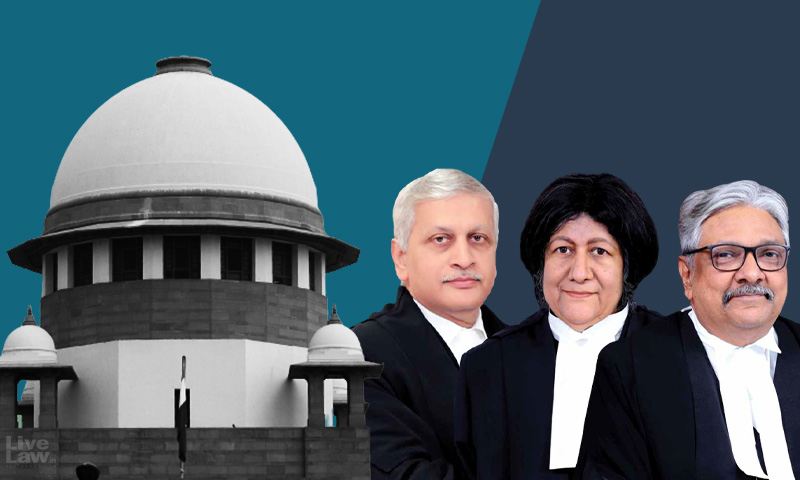Breath Analysis Or Blood Test Not Necessary For Insurer To Reject Claim On Ground Of Drunken Driving : Supreme Court
LIVELAW NEWS NETWORK
12 April 2021 7:07 PM IST

"If the Breath Analyser or any other test is not performed for any reason, the Insurer cannot be barred from proving his case otherwise"
Next Story


